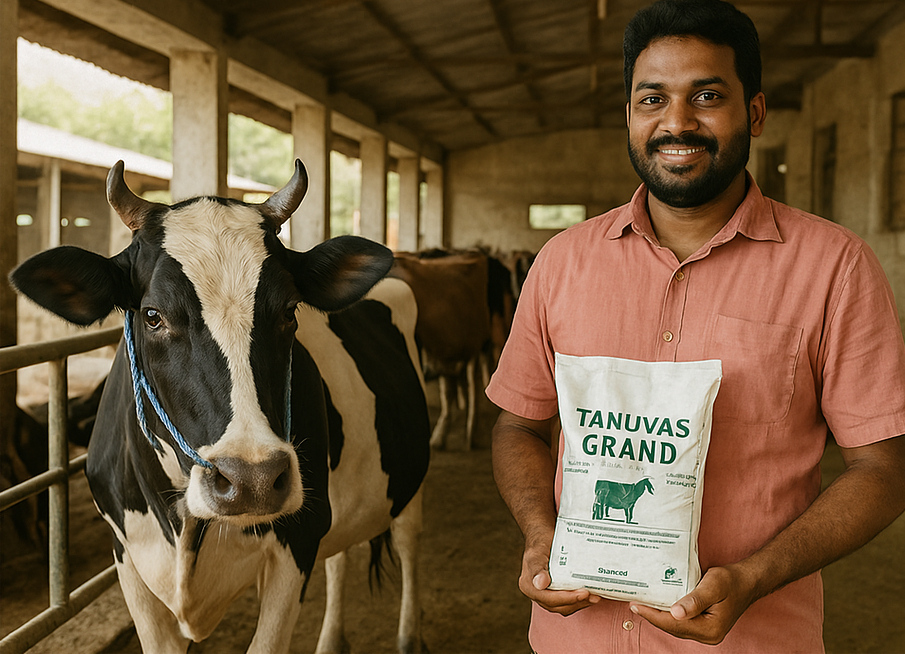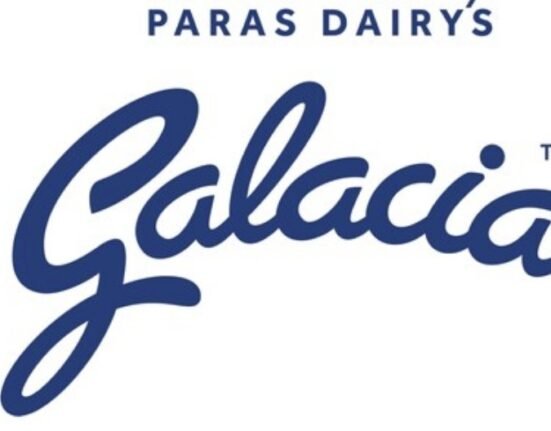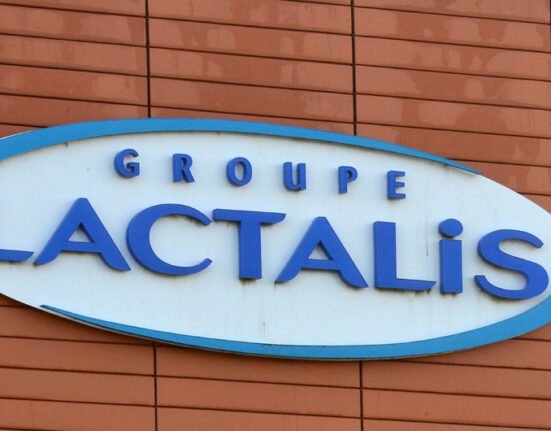A new wave of climate-smart dairy practices is taking root across Tamil Nadu, led by an unlikely hero: a feed supplement developed within the corridors of a state veterinary university. TANUVAS Grand, a scientifically formulated rumen enhancer, is gaining popularity among the State’s dairy farmers for its dual impact—boosting milk yield while significantly reducing methane emissions from cattle.
The supplement is the brainchild of Dr. V. Balakrishnan, retired professor and former head of department at Tamil Nadu Veterinary and Animal Sciences University (TANUVAS), and Dr. R. Murugeswari, associate professor at the same institution. Their formulation works by encouraging the growth of beneficial microorganisms in the cow’s rumen—the first of its four stomachs—thereby improving digestion and reducing enteric fermentation, a key source of livestock-generated methane.
Field results have been encouraging. Farmers report daily reductions of 25 to 30 litres of methane emissions per cow‚Äîan impressive figure considering the scale of India’s dairy sector, which contributes significantly to global agricultural emissions. In parallel, the supplement improves nutrient absorption, with farmers citing increased milk yields and improved overall herd health.
For V. Vadivelu, a first-generation farmer from Alagapuri near Alagarkoil, the transformation has been swift and profitable. “I started dairy farming three years ago and was spending ₹4,000 a year on a commercial tonic that made little difference. After switching to TANUVAS Grand a year ago, I’m getting half a litre more milk per cow, every day. The improvement in digestion is also evident,” he said, managing a herd of 23 cows.
The success of TANUVAS Grand is also a testament to how targeted public-sector support can fast-track the adoption of grassroots innovations. The Tamil Nadu Irrigated Agriculture Modernisation Project (TNIAMP), which aims to enhance sustainable agricultural practices, has distributed the supplement free of cost to over 19,000 farmers, effectively seeding a new culture of eco-efficiency in the dairy sector.
As global scrutiny mounts on methane-heavy sectors such as livestock, this intervention from Tamil Nadu offers a compelling model. India is the world’s largest milk producer, with an estimated 300 million bovines. Tackling emissions from this sector is critical—not only for climate targets but also for ensuring long-term productivity and rural livelihoods.
“TANUVAS Grand is not just a supplement—it’s a strategic solution born from local research, refined by farmer experience, and scaled through public policy,” said a senior official in the state agriculture department. “It demonstrates that low-cost, high-impact innovation can originate right here and help meet both environmental and economic goals.”
As India works toward its commitments under the Global Methane Pledge and aligns with net-zero targets, such interventions signal a promising path forward—where science and sustainability move hand-in-hand with the ambitions of rural India.







